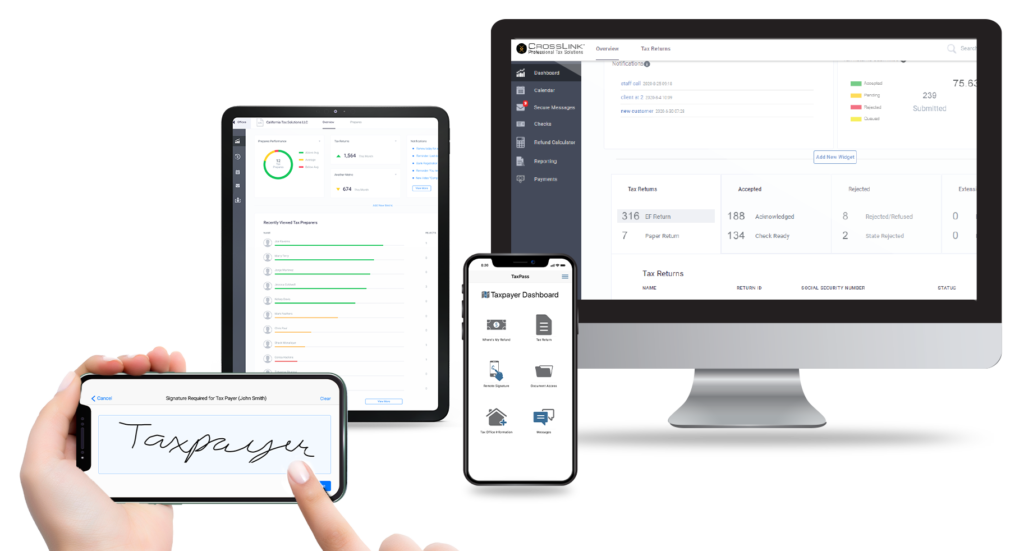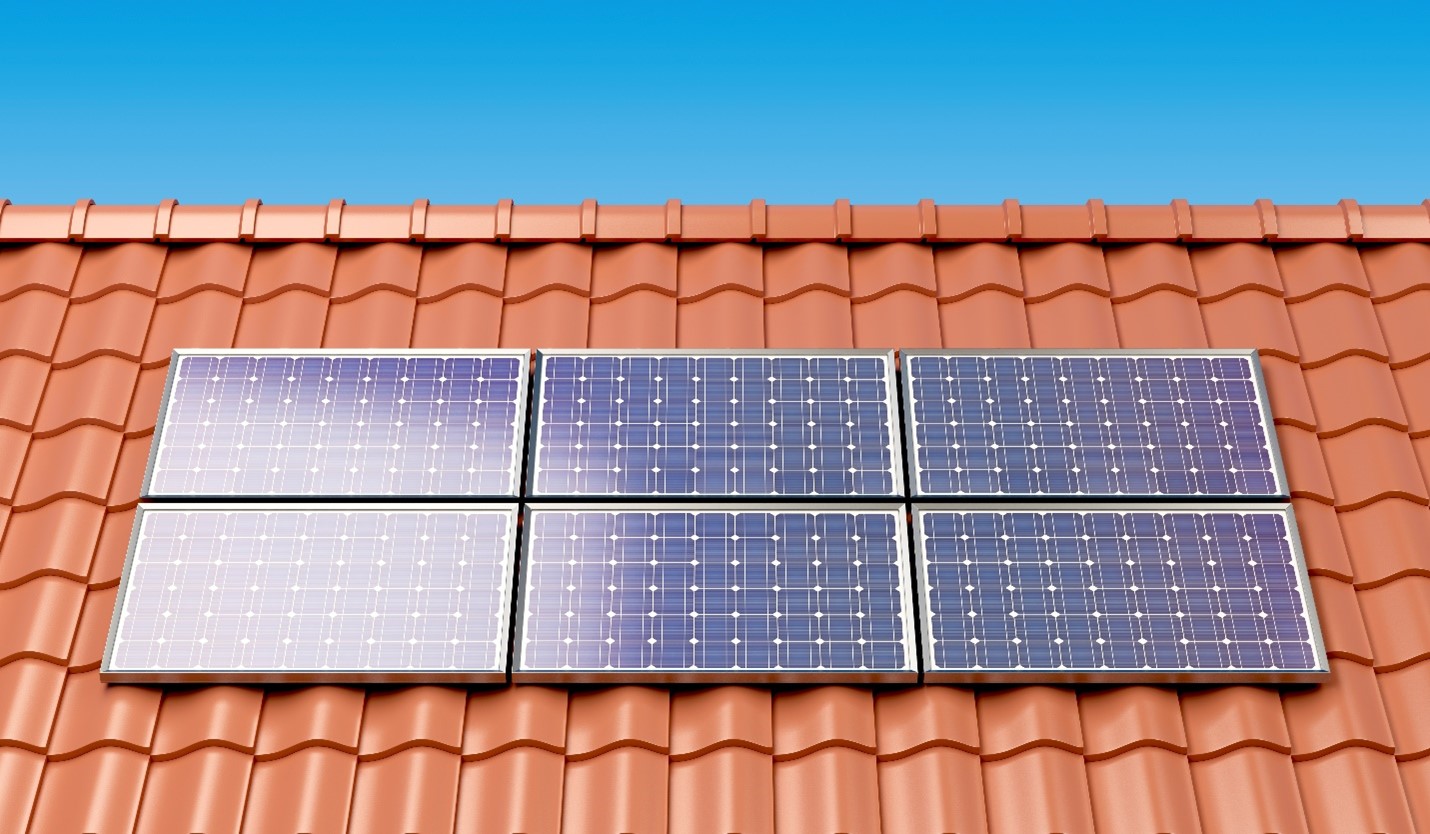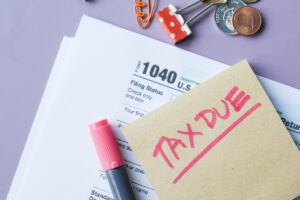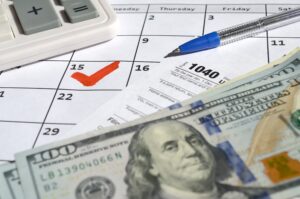Residential Clean Energy Credit
The Inflation Reduction Act of 2022 extended and increased the Residential Energy Credit and renamed it the Residential Clean Energy Credit.
Who Qualifies for the 2023 Residential Clean Energy Credit?
Taxpayers may claim the residential clean energy credit for improvements to their main home, whether they own or rent it. The credit applies to new or existing homes located in the United States.
Taxpayers may be able to claim a credit for certain improvements made to a second home located in the United States that they live in part-time and don’t rent to others.
Business Use of Home
If a taxpayer uses their home partly for business the amount of the credit is calculated as follows:
- Taxpayers will receive the full credit if the home is used 20% or less for business.
- The credit is based on the share of expenses allocable to nonbusiness use if the home is used for more than 20% for business.
Is the Residential Clean Energy Credit Refundable?
This nonrefundable credit is 30% of the costs of new, qualified clean energy property that is installed during 2023. Any unused credit may be carried forward to future years.
There is no annual or lifetime limit for this credit (except for fuel cell property). A taxpayer may claim this credit every year that they install eligible property until the credit begins to phase out in 2033.

Which Improvements Qualify for the Residential Clean Energy Credit?
Improvements that qualify for the Residential Clean Energy Tax Credit include solar, wind, geothermal, and fuel-cell technologies:
- Solar energy panels
- Solar water heaters that are certified by the Solar Rating Certification Corporation or a comparable entity endorsed by the taxpayer’s state.
- Wind turbines
- Geothermal heat pumps that meet Energy Star requirements in effect at the time of the purchase.
- Fuel cells – Credit is limited to $500 for each half kilowatt of capacity. If more than one person lives in the home, the combined credit for all residents cannot exceed $1,667 for each half kilowatt of fuel cell capacity.
- Battery storage technology that has a capacity of at least 3 kilowatt hours.
How to Claim the Residential Clean Energy Credit?
Taxpayers will need to file Form 5695, Residential Energy Credits with their tax return to claim the credit. This credit must be claimed for the tax year when the property is installed, not purchased.
For more information see the following:
- Residential Clean Energy Credit page on the IRS website
- Clean Energy Tax Credits for Consumers on U.S. Department of Energy’s website

CrossLink is the industry’s leading professional tax software solution for high-volume tax businesses. Built based on the needs of busy tax offices and mobile tax preparers that specialize in providing their taxpayer clients with fast and accurate tax returns, CrossLink has been a trusted software solution since 1989. CrossLink’s in-depth tax calculations, advanced technological features, and paperless solutions allow you to prepare the most complicated tax returns with confidence and ease while providing your customers an unparalleled experience.







